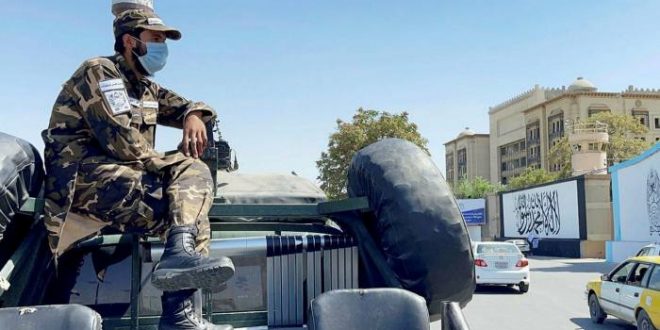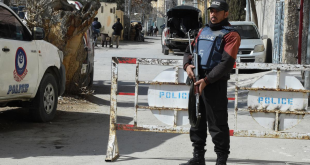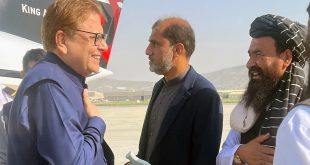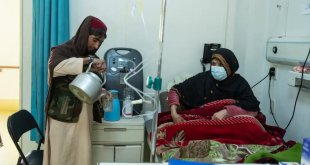AT News
KABUL: The European Union is planning to reopen its diplomatic mission in Afghanistan within a month as the bloc is trying to increase involvement with the Taliban government.
The move means that EU diplomats will return to Kabul about 12 weeks after they fled the city, as Brussels seeks to co-ordinate aid efforts and the continued evacuation of Afghan citizens. The planned return comes as global powers attempt to work out how to deal with the country’s new leaders.
EU spokesperson Nabila Massrali said that “a final decision has not been taken yet” on the security provision. “We can confirm that we are working on establishing a minimal presence on the ground. For security reasons, we cannot enter into the details,” she said in a statement.
“At this stage, this would only be for the EU. Member states may decide to join, but this is at their discretion. As to whom will guarantee the security of our staff, available options are being explored.
Brussels has said it seeks a “calibrated approach” to the militants, pursuing engagement with the administration but stopping short of recognition. The bloc believes it needs a role in a Taliban-led Afghanistan in order to lobby for the protection of human rights, to hold the militants to their pledge to stop the country again becoming an exporter of terrorism, and to help prevent a humanitarian crisis. It is also responding to efforts by China, Russia and Turkey, which did not close their embassies when Afghanistan’s former government was overthrown, to build close ties with the new regime.
The European External Action Service, the EU’s diplomatic and security arm, plans to reopen a representative office in Kabul that would house its officials and could be used by diplomats from member states, people briefed on the plans told the Financial Times, pending a final resolution to security concerns.
Over the past month Brussels has sought to strike an agreement with Kabul that would allow private security personnel or member state guards to protect the building. But it has reluctantly accepted that there is no alternative to abiding by rules that mean foreign diplomatic representations must be guarded only by Taliban security forces, one of the people said.
 Afghanistan Times
Afghanistan Times




